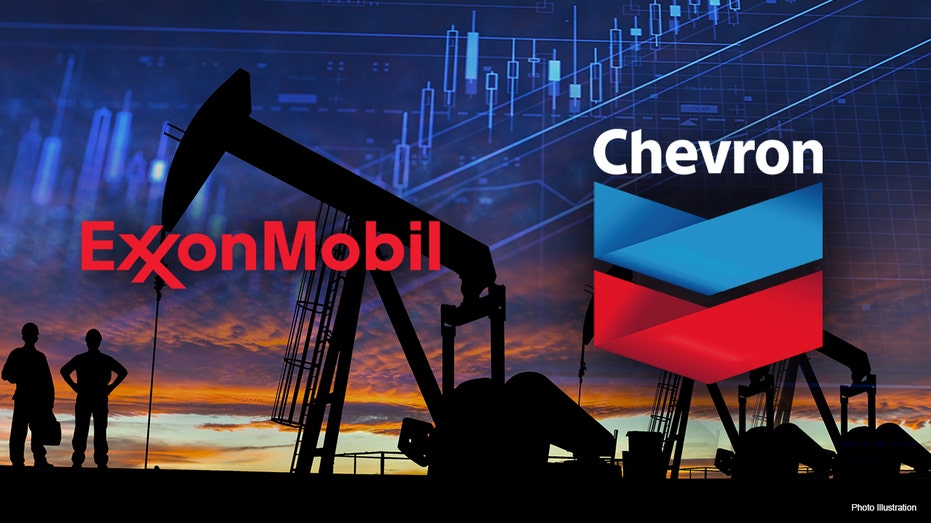By Oluwaseyi Lawal
Nigeria has been exempted from the 2024 spending plans released by Chevron and ExxonMobil, leaving several significant projects in the country uncertain. Despite recovering from the 2020 crisis and experiencing robust cash flows in 2021, the oil giants are focused on capital discipline and enhancing returns to shareholders.
Notably, Nigeria is absent from their capital expenditure outlook for 2024, while other countries like Libya, Ivory Coast, Kazakhstan, Guyana, Brazil, and Singapore are prominently featured.
Chevron has overlooked Nigeria’s Nsiko offshore deepwater project, which has a capacity of 100,000 barrels per day (bpd), despite their intention to allocate between $18.5 billion and $19.5 billion in the coming year for new oil and gas projects—a notable 11 percent increase from the current year.
Similarly, ExxonMobil has not addressed Nigeria’s Bosi oil field, discovered in 2006 with an 80,000 bpd capacity, and the Uge deepwater project with a capacity of 110,000 bpd. Additionally, ExxonMobil’s 2023 funding plan does not include the Owowo oil reserve field discovered in October 2012.
Both Chevron and ExxonMobil show their rebound in the industry post-pandemic setbacks, recent acquisitions, and carbon reduction efforts in their 2024 and 2023 budgets, respectively. ExxonMobil plans to allocate between $22 billion and $27 billion annually through 2027. Despite increased spending, the combined sums are approximately half of the $84 billion spent by Exxon and Chevron in 2013 when oil prices frequently exceeded $100 per barrel. The current surge in energy prices and cost-cutting measures during the pandemic contribute to their improved financial standing. Chevron’s planned expenditure encompasses $15.5 billion to $16.5 billion for organic capital expenditure for consolidated subsidiaries and an additional $3 billion for affiliates.
Approximately half of the affiliate spending is allocated to the Tengizchevroil project in Kazakhstan, according to the company’s statement. Chevron’s provided figure does not factor in the potential impact of its impending acquisition of rival Hess Corp. Anticipated to be finalized next year, this acquisition is expected to elevate capital spending to a range between $19 billion and $22 billion.
In October, Chevron agreed to acquire Hess for $53 billion in stock, aiming to expand its presence in the US oil market and secure a share in ExxonMobil’s substantial offshore oil discoveries in Guyana. The 2024 outlook does not incorporate a new projection for oil production in the upcoming year. Chevron had previously indicated that these two acquisitions would contribute to a total oil and gas output of around 3.7 million barrels per day (bpd).
As part of its current budget, Chevron intends to invest approximately $9 billion in the United States, aligning with a broader industry trend of directing investments to the Americas to mitigate costs and minimize geopolitical risks. Chevron attributed the heightened spending on shale and tight oil to its acquisition of PDC Energy, an independent exploration and production company, earlier this year.
More than $2 billion will be allocated to projects in the Gulf of Mexico, with the commencement of production from the new oil platform, Anchor, anticipated next year. Additionally, around 80 percent of the $1.5 billion earmarked for refining and chemicals will be directed within the United States. Upon the completion of the Hess deal, Chevron plans to augment share repurchases by $2.5 billion, reaching the upper limit of its annual guidance range of $20 billion.
This strategic decision by the two companies coincides with Nigeria facing various challenges, including insecurity, oil theft, and inadequate infrastructure. These obstacles have hindered the country’s ability to attract the necessary investment for the development of its oil and gas resources.






Comment
No comments found.